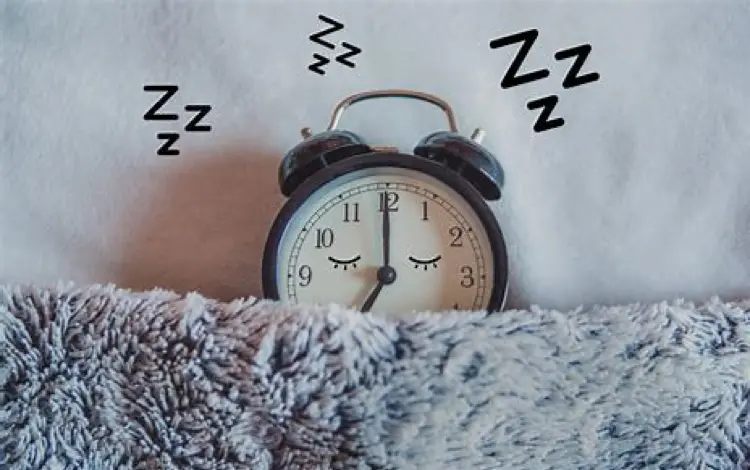Quality sleep is essential for maintaining good heart health. In this article, we'll explore how sleep affects your cardiovascular system and what you can do to improve your sleep quality.
How Sleep Affects Your Heart
During sleep, your body goes through important processes that help maintain heart health. These include blood pressure regulation, heart rate control, and stress hormone management.
The Impact of Poor Sleep
Chronic sleep deprivation can lead to:
- Increased blood pressure
- Higher risk of heart disease
- Elevated stress levels
- Impaired glucose metabolism
Tips for Better Sleep
1. Establish a Sleep Schedule
Go to bed and wake up at the same time every day, even on weekends. This helps regulate your body's internal clock.
2. Create a Sleep-Friendly Environment
Keep your bedroom cool, dark, and quiet. Consider using blackout curtains and white noise machines if needed.
3. Limit Screen Time Before Bed
The blue light from electronic devices can interfere with your sleep. Try to avoid screens at least an hour before bedtime.
4. Watch Your Diet
Avoid large meals, caffeine, and alcohol close to bedtime, as they can disrupt your sleep.
How PulseAge Can Help
PulseAge tracks your sleep patterns and provides insights into how your sleep quality affects your heart health. Our app helps you understand the connection between your sleep and heart rate variability.
Ready to start tracking your sleep? Download PulseAge today and take control of your heart health.
Download Now